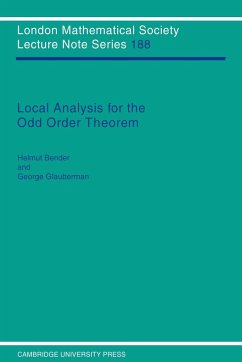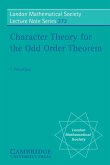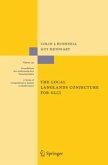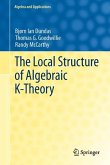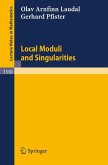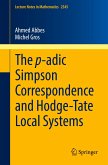In 1963 Walter Feit and John G. Thompson proved the Odd Order Theorem, which states that every finite group of odd order is solvable. The influence of both the theorem and its proof on the further development of finite group theory can hardly be overestimated. The proof consists of a set of preliminary results followed by three parts: local analysis, characters, and generators and relations (Chapters IV, V, and VI of the paper). Local analysis is the study of the centralizers and normalizers of non-identity p-subgroups, with Sylow's Theorem as the first main tool. The main purpose of the book is to present a new version of the local analysis of the Feit-Thompson Theorem (Chapter IV of the original paper and its preliminaries). It includes a recent (1991) significant improvement by Feit and Thompson and a short revision by T. Peterfalvi of the separate final section of the second half of the proof. The book should interest finite group theorists as well as other mathematicians who wish to get a glimpse of one of the most famous and most forbidding theorems in mathematics. Current research may eventually lead to a revised proof of the entire theorem, but this goal is several years away. For the present, the authors are publishing this work as a set of lecture notes to contribute to the general understanding of the theorem and to further improvements.
